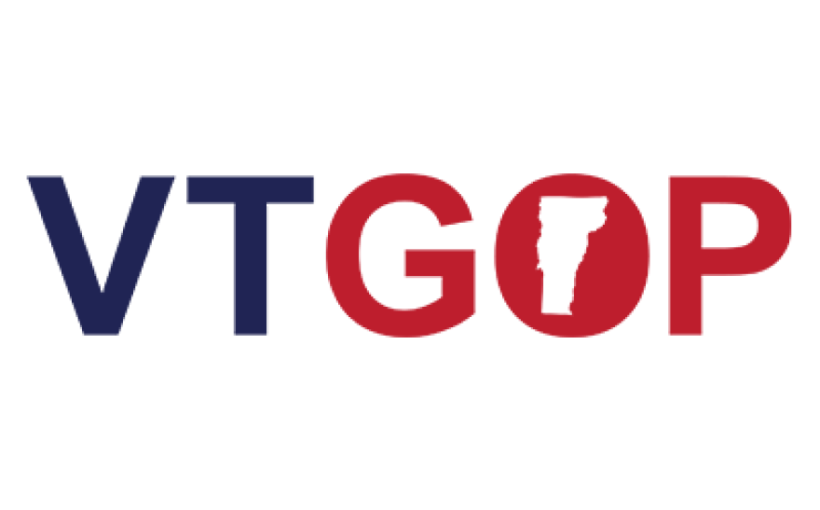After tabulations from the state’s recent primary were finalized, the Vermont Republican Party recorded 22 new candidates for state House races, on top of the 74 that had already been on the ballot for the 150-member chamber.
While nationally considered a blue state, Vermont Republican Party Chairman Paul Dame said Monday the development was exceptional, given the state’s actual penchant to blur partisan lines.
He ascribed the GOP’s boost to a recently enacted “double-digit” property tax hike in the state, as well as voters’ renewed focus on the presidential race.
“I think we’re absolutely poised to pick up seats from where we have been, there seems to be much more energy and cohesion on the Republican side than we’ve had in a while,” Dame said.
Gov. Phil Scott, a moderate Republican ranked the most popular such official in the country at 81%, has also been involved with party work, Dame said. A request for comment from Scott was not immediately returned.
Dame said he’s talked to several of the new candidates, including a man from Colchester, who had been on the fence when petitions were circulated in May.
“Over the summer, you always get his kids ready to enroll in school. And he said, ‘You know what – now Vermont is going to be our home. We’re going to make a commitment to stay here. If that’s the case, I want to run and change the course that we’re on,'” Dame recalled.
In Vermont, many of the latecomers to the ballot appear to follow a similar timeline.
After the primary ballot is finalized in May, voters realize there are vacancies on the final ballot and then may try to organize write-in campaigns.
If 25 voters write the same name in for a House seat, or 50 voters for a state Senate seat, that name will then appear on the November general election ballot.
While 96 Republicans is still somewhat distant from two decades ago when Vermont saw 130 Republicans on the ballot, the significance is that Vermonters are stepping up to serve.
“It’s a story of regular voters, seeing the need for change and deciding that they’re willing to step up and be part of that change,” he said.
“It’s definitely inflation and affordability. I think that that’s sort of the national… but then Vermont is adding a new layer on top of that.”
With the Democrats recently earning a supermajority in the legislature, Scott has issued a record number of vetoes and Democratic lawmakers in return have issued a record number of veto overrides.
Thus was the case in the property tax debate, with Scott calling for “tax relief now,” while House Speaker Jill Krowinski, D-Chittenden, said the governor failed to offer a sufficient alternative plan.
As for the GOP’s prospects in November, Vermont has had a penchant for ideologically divergent election results.
Scott is just as much a heavy favorite as Sen. Bernie Sanders, I-Vt., the self-described “democratic socialist.”
“Vermonters vote for authenticity,” Dame added.
“And both Gov. Phil Scott and Sen. Bernie Sanders have a relationship with Vermonters that Vermonters know that they believe what they’re saying – they say very different things, but they know that they can trust what they’re saying there and they’re not pandering.”
Both Scott and Sanders are not afraid to criticize their own party.
Sanders has critiqued President Biden and members of the Democratic caucus in Congress on occasion, while Scott was the first GOP governor to back impeachment inquiries against former President Trump.
In the latest University of New Hampshire poll, Sanders leads his Republican challenger Gerald Malloy 66-25%. Scott leads Democrat Esther Charlestin by a similar 55-28%.
Former Sen. Jim Jeffords, R-Vt., who notably ceded Republican control of the Senate when he switched to a Democrat-caucusing-Independent in 2001, was the last GOP member of Congress from the Green Mountain State.
Fox News Digital reached out to the Vermont Democratic Party for comment but did not hear back by press time.


